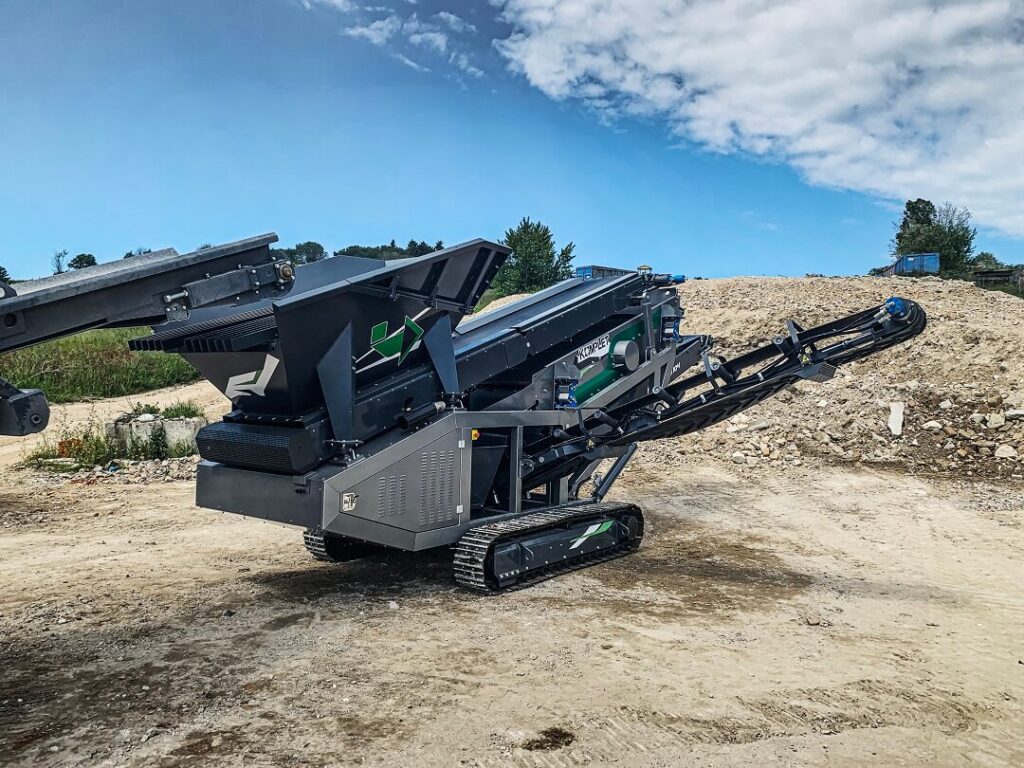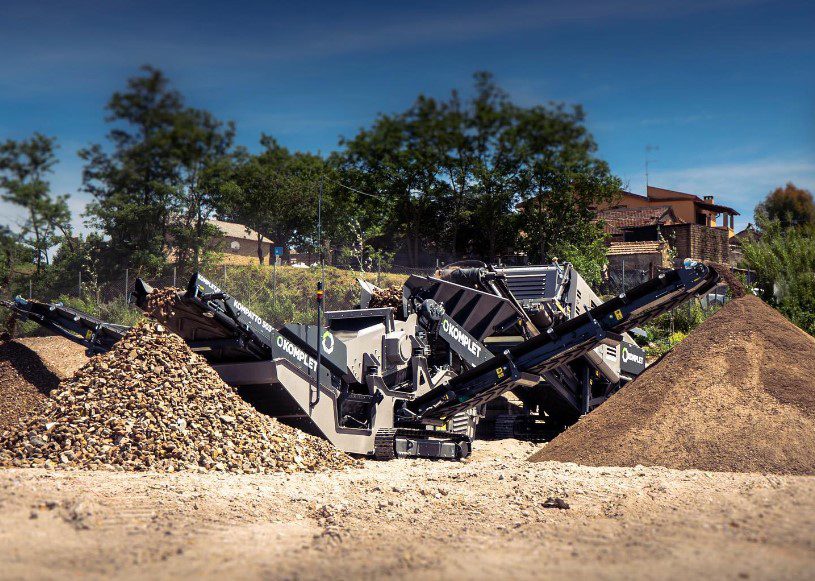Selecting the right crushing and screening equipment is crucial for the success of any construction, mining, or aggregate project. The performance, efficiency, and overall outcome of your project can be significantly influenced by the equipment you choose. In this guide, we’ll explore key tips and considerations to help you make an informed decision.
1. Understand Your Project Requirements
Before choosing equipment, clearly define the specific needs of your project. Consider factors such as:
- Material Type: Different materials (e.g., gravel, sand, rock) require different types of crushing and screening equipment.
- Material Size: Determine the size and hardness of the material to ensure the equipment can handle it efficiently.
- Production Capacity: Assess the volume of material you need to process and select equipment that can meet your production requirements.
2. Evaluate Equipment Types
There are various types of crushing and screening equipment, each suited for different applications. Here’s a brief overview:
- Jaw Crushers: Ideal for primary crushing, these machines are used to break down large rocks into smaller, more manageable pieces.
- Cone Crushers: Suitable for secondary and tertiary crushing, cone crushers provide a finer output and can handle harder materials.
- Impact Crushers: Effective for producing a high-quality cubic product, impact crushers are best for materials like limestone and concrete.
- Screening Equipment: Includes vibrating screens, trommels, and scalpers. Choose based on the required separation size and material characteristics.
3. Consider Equipment Efficiency and Performance
Efficiency and performance are crucial factors. Look for equipment that offers:
- High Throughput: Ensure the equipment can handle the volume of material required for your project.
- Low Operating Costs: Choose equipment with energy-efficient features and low maintenance requirements.
- Reliability: Opt for equipment from reputable manufacturers known for durability and reliability.

4. Assess the Equipment’s Flexibility and Versatility
Flexibility can be a significant advantage, especially if your project involves processing different types of materials or if requirements might change. Consider:
- Adjustable Settings: Equipment with adjustable settings can be customized for different tasks.
- Modular Design: Some equipment can be reconfigured or expanded to adapt to changing needs.
5. Evaluate the Total Cost of Ownership
The initial purchase price is just one part of the total cost of ownership. Consider:
- Maintenance Costs: Look for equipment that is easy to maintain and has readily available parts.
- Operational Costs: Consider energy consumption, wear and tear, and other operational expenses.
- Resale Value: High-quality equipment may retain value better over time, providing a higher resale value.
6. Review Manufacturer Support and Service
Reliable support and service from the manufacturer can make a big difference. Ensure the manufacturer offers:
- Technical Support: Access to technical support for troubleshooting and repairs.
- Training: Training for your team to operate and maintain the equipment efficiently.
- Warranty: A comprehensive warranty to cover potential issues.
7. Consider Environmental Impact
Modern equipment often includes features to minimize environmental impact. Look for:
- Dust Suppression Systems: To reduce airborne dust and improve safety.
- Noise Reduction: Equipment designed to operate at lower noise levels.
8. Seek Recommendations and Read Reviews
Research equipment reviews and seek recommendations from industry professionals. Their experiences can provide valuable insights and help you avoid potential pitfalls.
9. Test the Equipment
If possible, arrange for a demonstration or trial of the equipment. Testing it in real-world conditions can help you assess its performance and suitability for your project.
Conclusion
Choosing the right crushing and screening equipment involves careful consideration of your project’s specific needs, equipment types, efficiency, cost, and support. By following these tips, you can make an informed decision that will enhance the efficiency and success of your project. If you need further assistance or have specific questions about equipment options, don’t hesitate to consult with industry experts or equipment suppliers. Their expertise can guide you in selecting the best equipment to meet your project goals.
